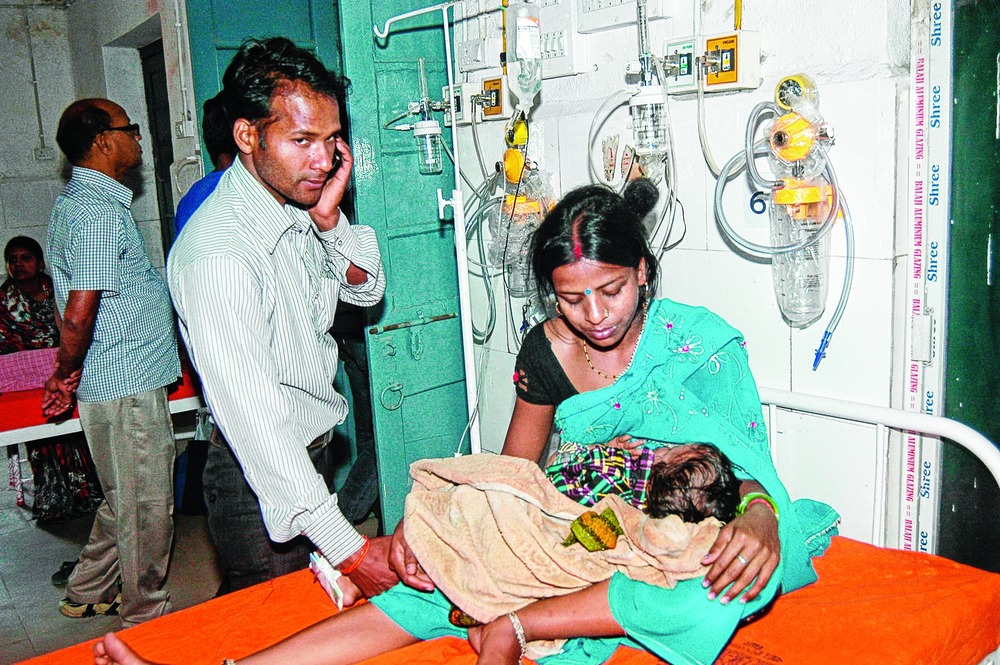
New Delhi, Oct. 5: An award-winning initiative in Bihar to deliver health care via telemedicine that received funds from the Bill and Melinda Gates Foundation to reduce pneumonia and diarrhoea deaths in children has failed to make any impact, an independent evaluation has revealed.
The evaluation, commissioned by the Gates Foundation itself, has found that the programme neither improved appropriate treatment nor reduced disease prevalence because of faulty assumptions that members of the public would pay extra for services from health-care providers tagged to a brand.
A non-government agency called World Health Partners (WHP) implemented the programme called Sky that sought to combine telemedicine technology with the business-model of brand franchising to try and improve diagnosis and treatment by "informal", or unqualified, health-care practitioners in 13 districts of Bihar. This was among the early large-scale initiatives funded by the Gates Foundation in Bihar after it signed a pact with the Nitish Kumar government.
The programme invited unqualified practitioners to pay about Rs 40,000 to acquire the WHP Sky tag and receive computers and audio-visual equipment to support telemedicine services that would connect them to highly trained doctors in Patna and Delhi.
Senior WHP officials say such unqualified practitioners remain the first point of contact for many patients across rural Bihar where MBBS-qualified professionals are not easily available. Over 9,000 practitioners joined the Sky programme between 2011 and 2015.
But a team of health researchers from Duke University in the US who evaluated the programme found that only 6 per cent of eligible practitioners joined the Sky programme and less than 3 per cent of children with symptoms of diarrhoea or pneumonia were taken to Sky practitioners.
"The model was based on untested assumptions - the assumption that many practitioners would be willing to join the network and the assumption that demand for care from these practitioners would be high," Manoj Mohanan, assistant professor at Duke University who led the study, told The Telegraph.
A senior WHP official said the evaluation is premature because the programme is still under way.
"We also helped raise awareness about quick responses to early symptoms of these illnesses, we believe this programme has contributed to an observed decline in the prevalence of both diarrhoea and pneumonia in the areas the programme covered," said Prachi Shukla, the WHP's country director for India.
The WHP received $23 million from the Gates Foundation and other donors to implement the programme. And while the Duke University-led evaluation was under progress, the Sky initiative bagged three global awards, including one at the World Economic Forum in 2013, for "social entrepreneurship".
Mohanan and his colleagues collected data on about 36,000 children below age 5 in 2011 and about 31,000 children in 2014, comparing how they were managed in 153 localities areas the programme covered and 207 localities it did not cover.
Their analysis, published today in the journal Health Affairs, found that Sky practitioners made up just 6 per cent of private providers in study areas. Among all child visits in the study areas, only 2.9 per cent of children with diarrhoea and 2.7 per cent children with pneumonia were taken to Sky practitioners.
"The programme had a near-zero effect on how children were being treated for these conditions," Mohanan said. "It is possible the franchising model works in such scenarios, but it needs to be backed with intensive training of practitioners and a better understanding of local circumstances."











